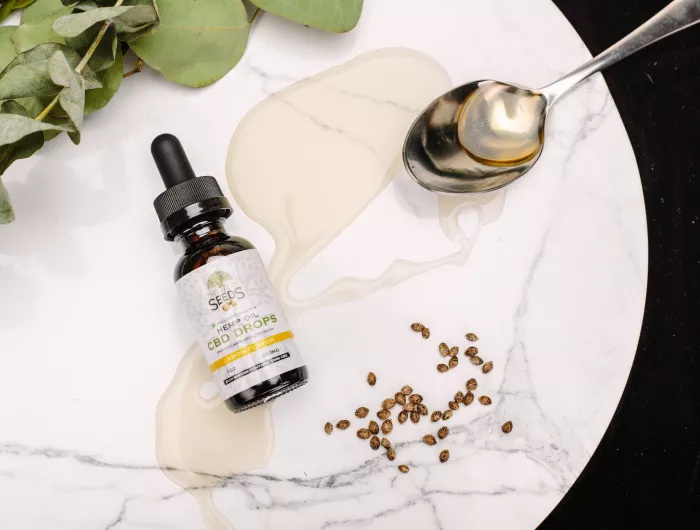FDA says cannabidiol is not Generally Recognized as Safe, and warns more sellers

Statement of CSPI Policy Director Laura MacCleery
No, there is no evidence that cannabidiol will lower your risk of diabetes, shrink your tumors, wean you off opioids, ease your schizophrenia, or calm your anxious pets. Apart from being found effective in prescription form for two rare forms of epilepsy, there is no justification for CBD being added to chocolates, candies, coffee pods, cosmetics, pet treats, tinctures, dietary supplements, vape pens, or other products. CSPI is glad that the Food and Drug Administration has issued another tranche of warning letters to companies making illegal claims for CBD-containing products.
New and notable is FDA’s announcement that it cannot conclude based on current evidence that CBD is generally recognized as safe, or GRAS, for use in human or animal food. That means just about everyone selling CBD in a food is breaking the law. The agency has already concluded that CBD products “do not meet the definition of a dietary supplement under the [Food, Drug, and Cosmetic Act].” If the hemp industry wants CBD to be legal in foods or supplements, it will need to affirmatively convince the FDA that it is safe. And as of now, given the gaps in the research noted by FDA, CBD makers have an uphill battle on their hands.
Tags
Topics
Contact Info: Contact Jeff Cronin or Richard Adcock.

